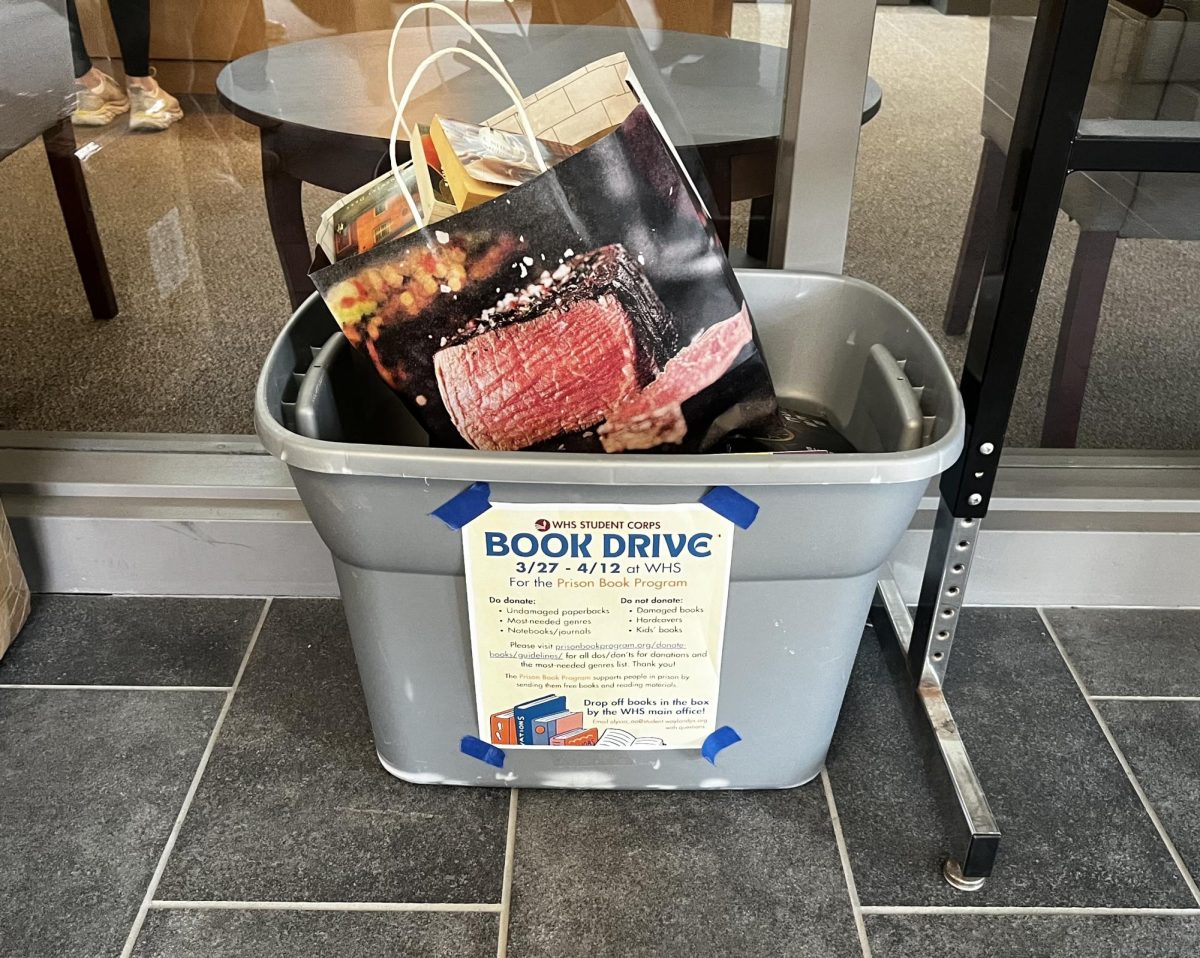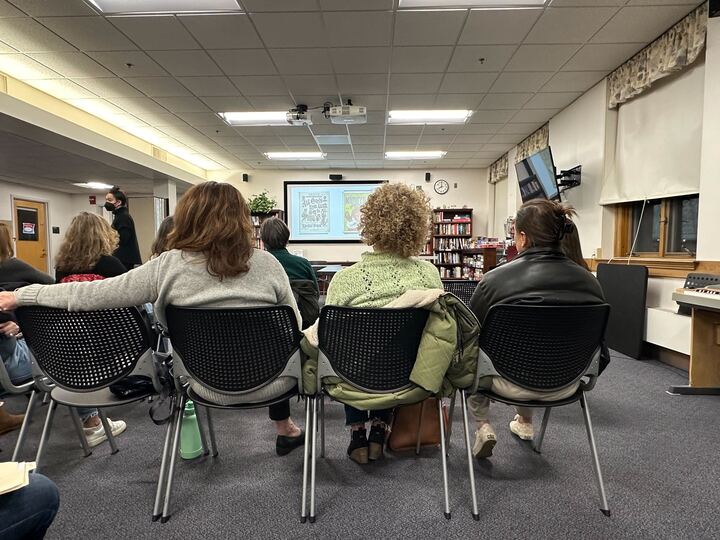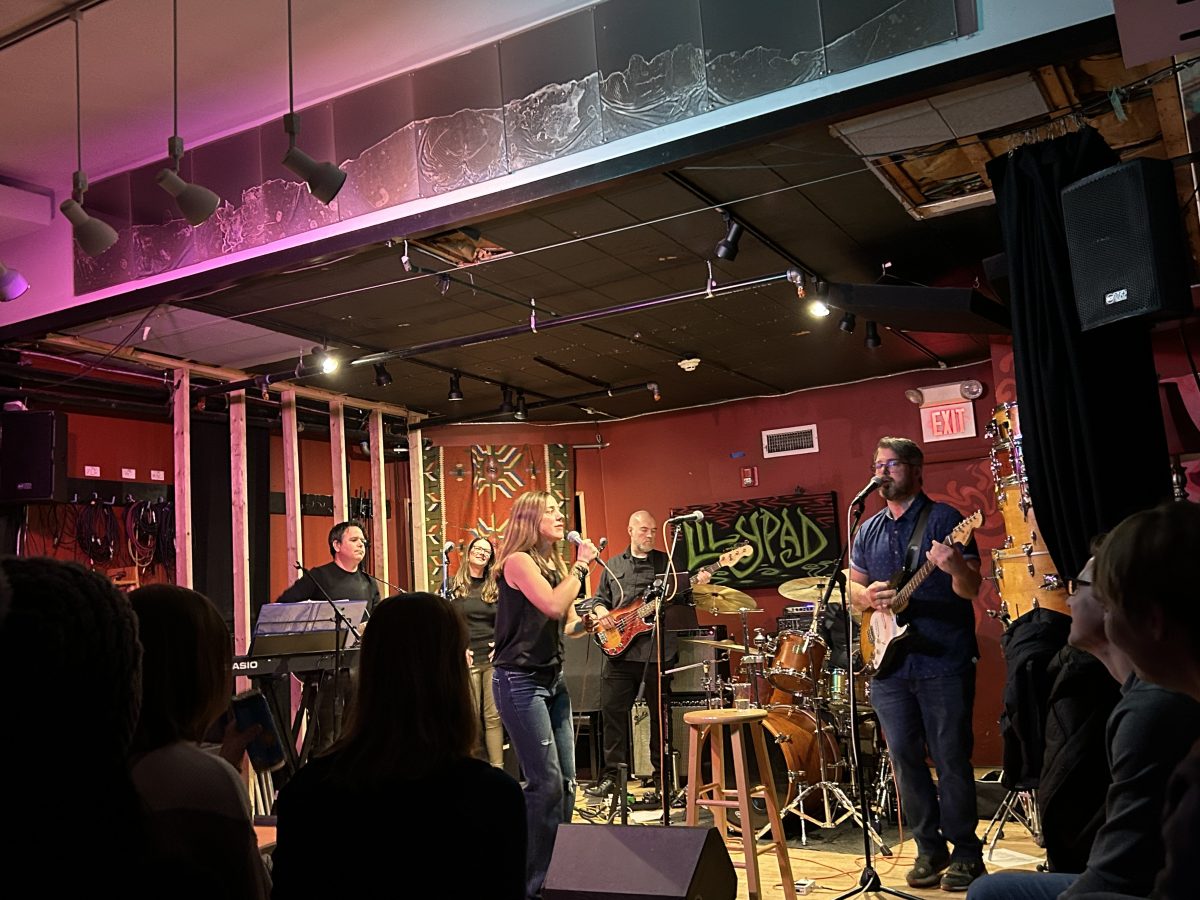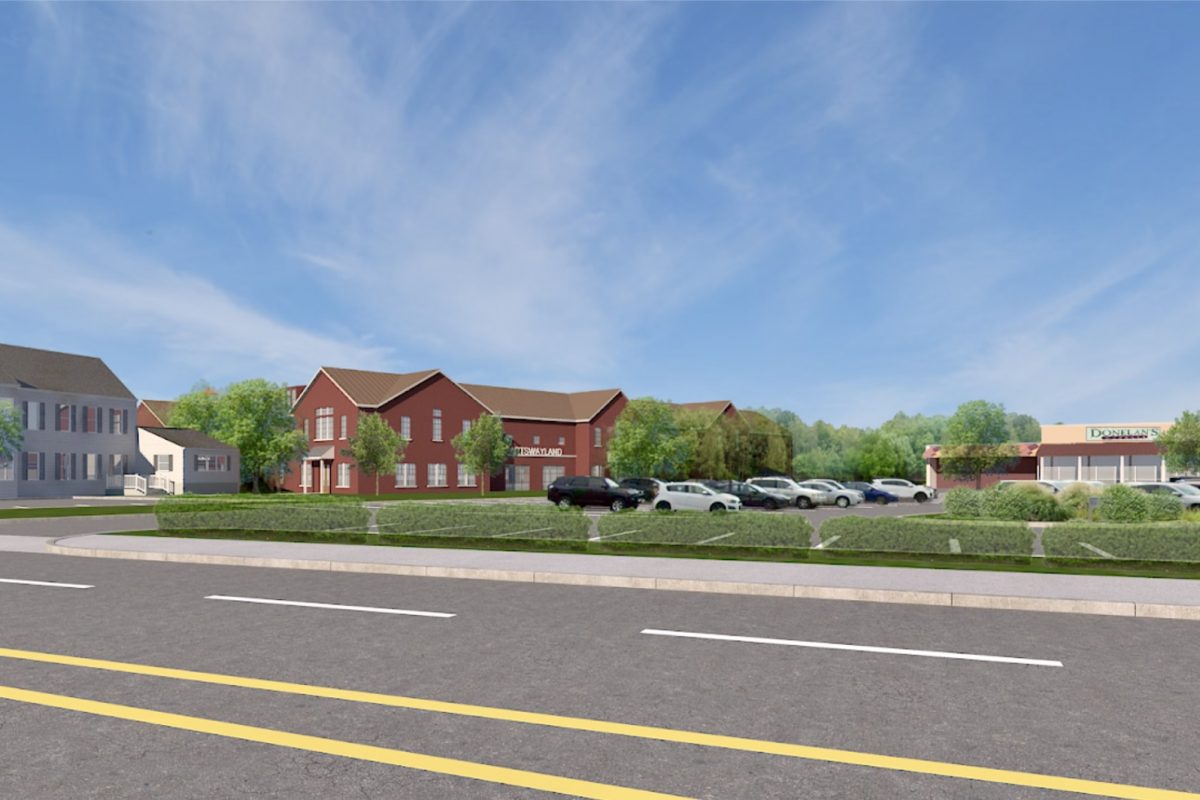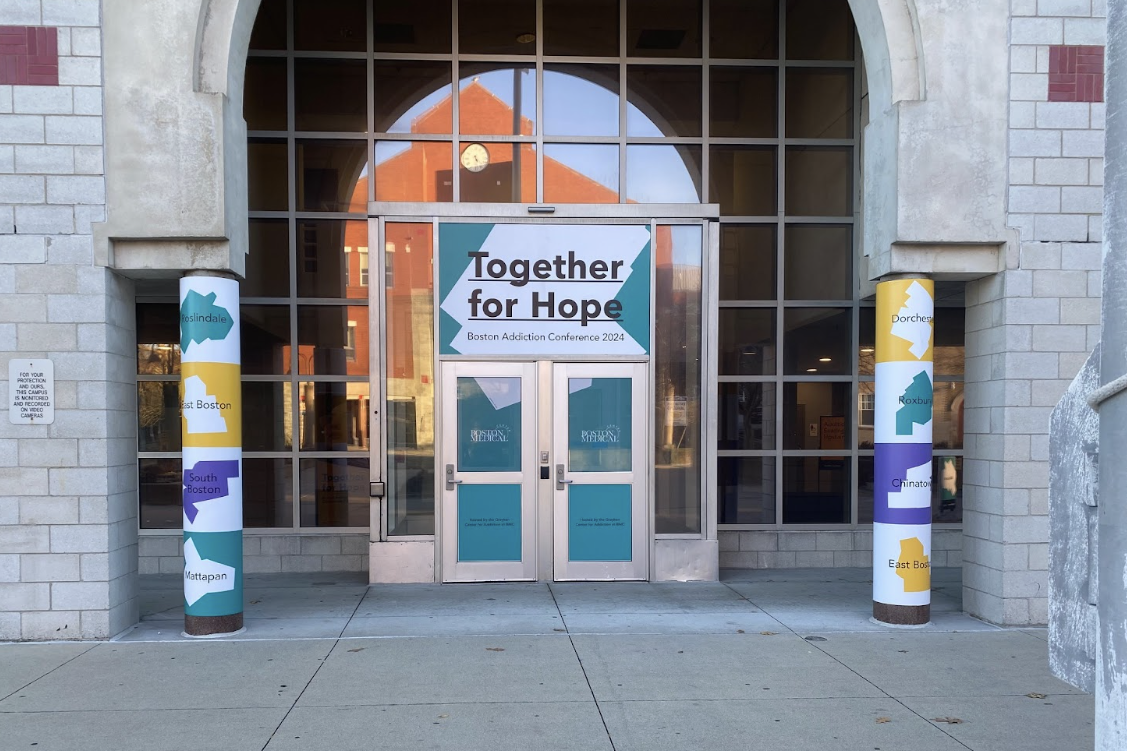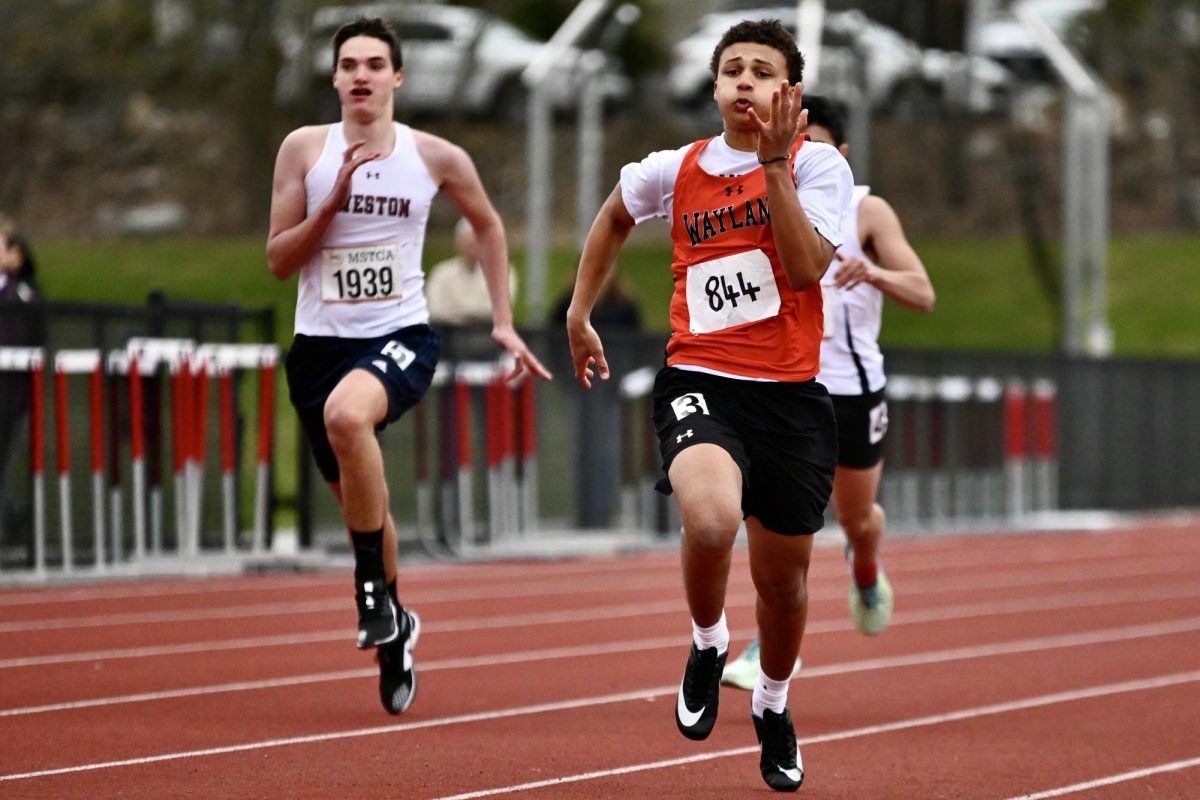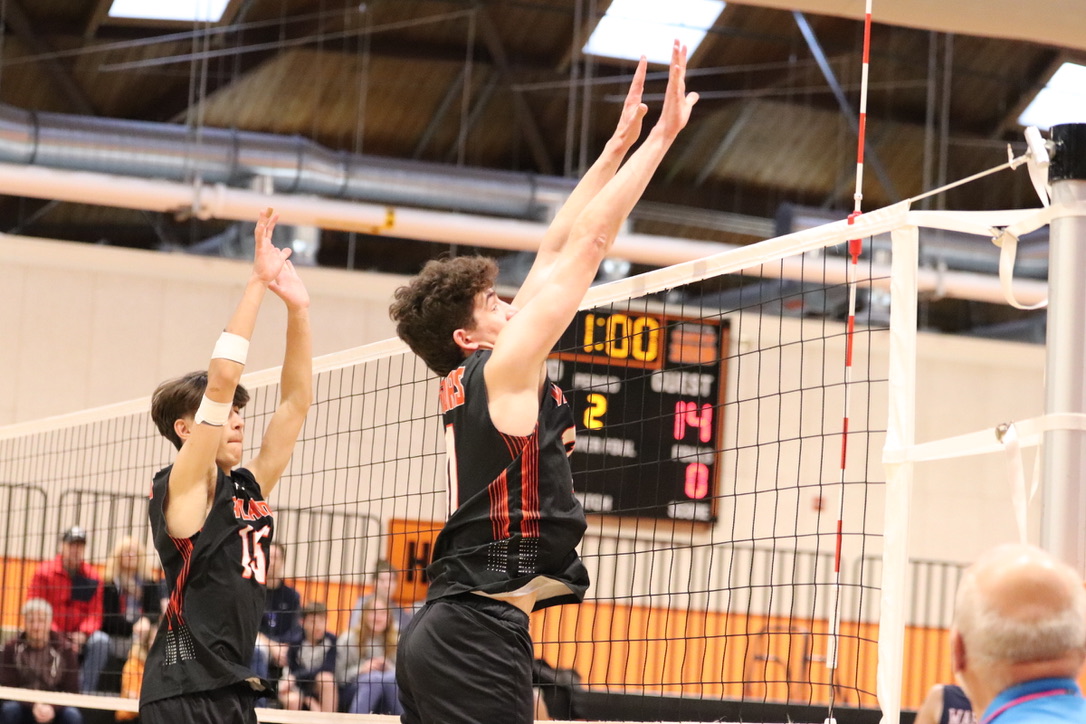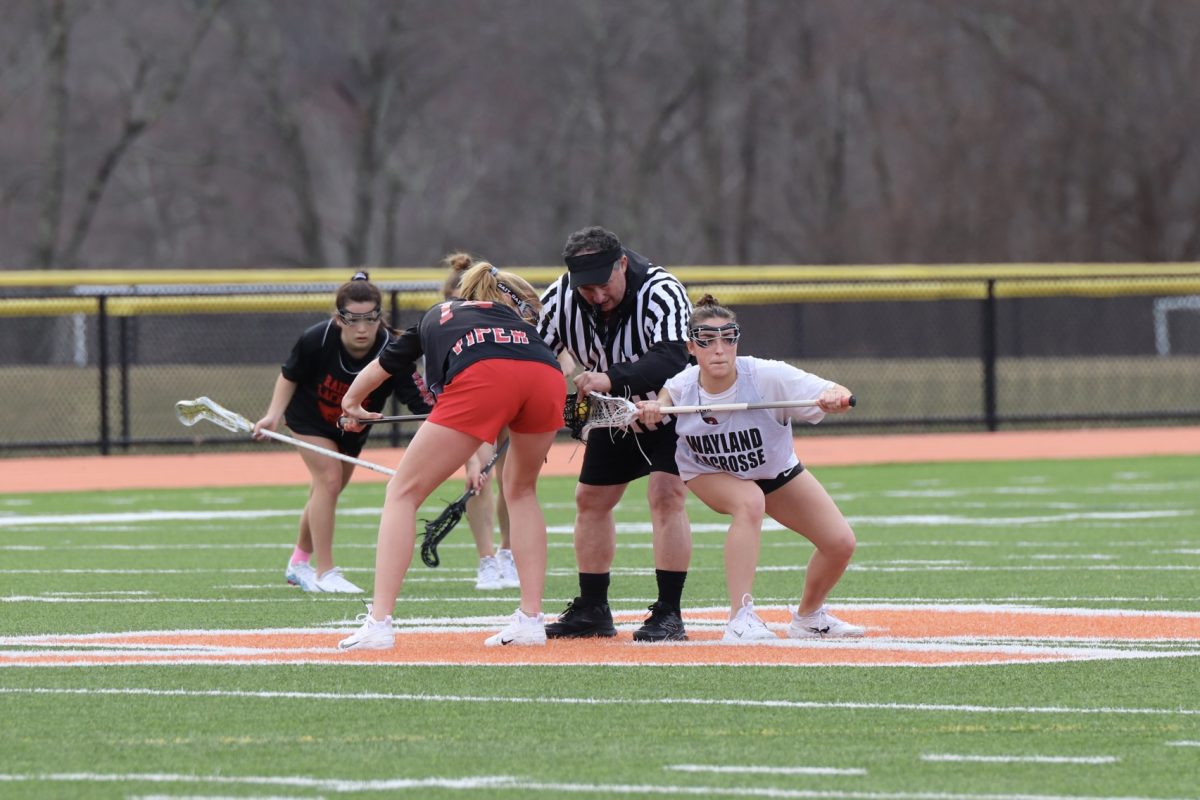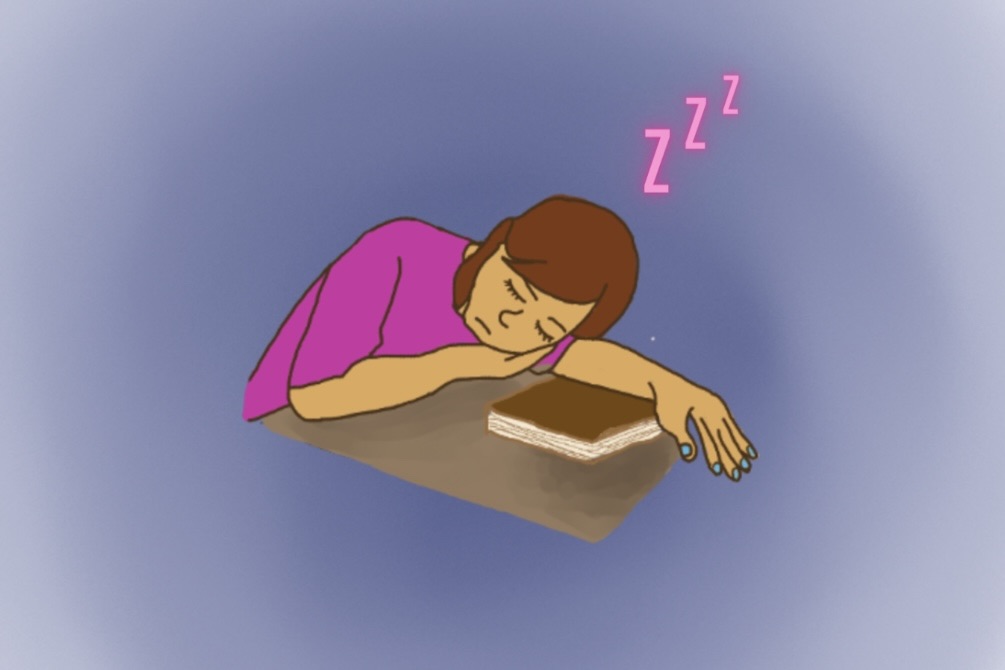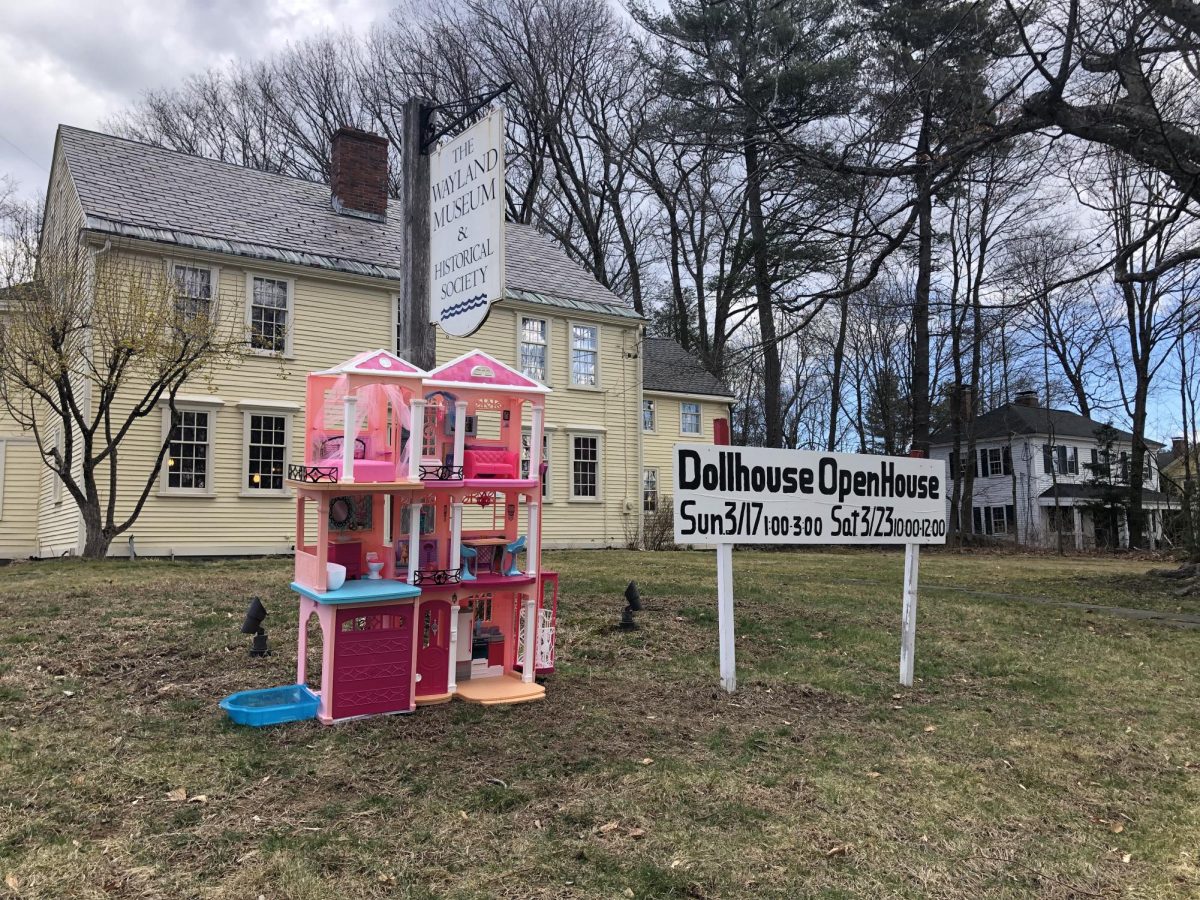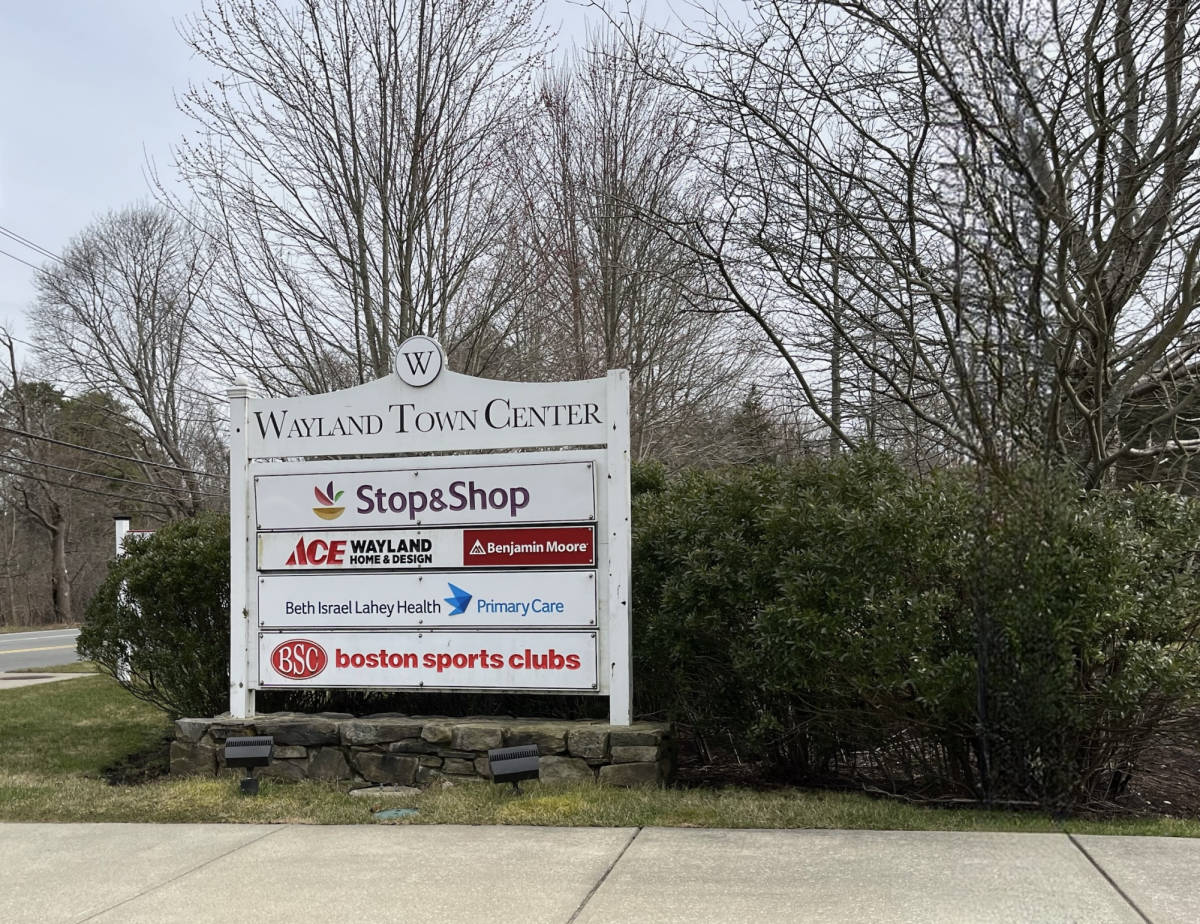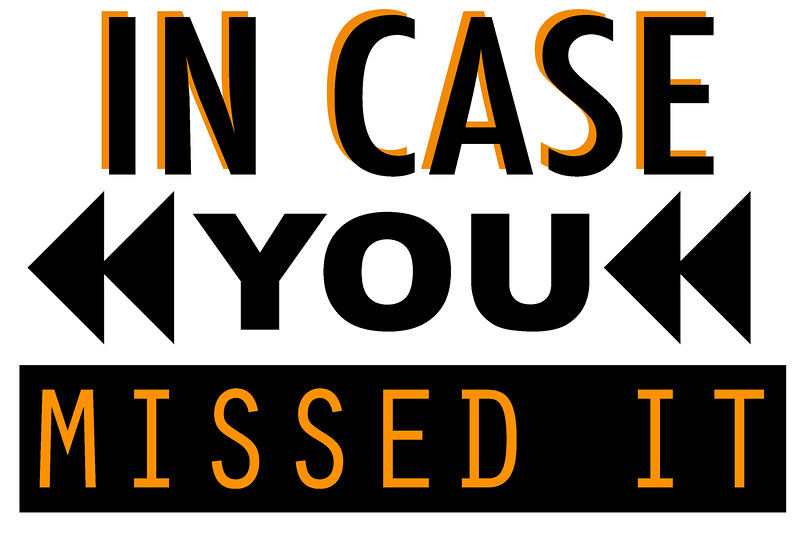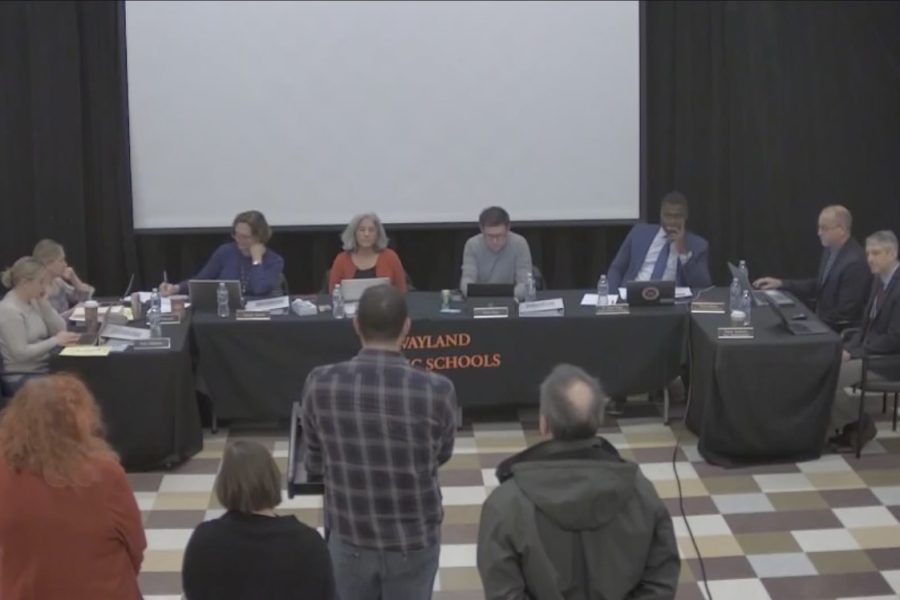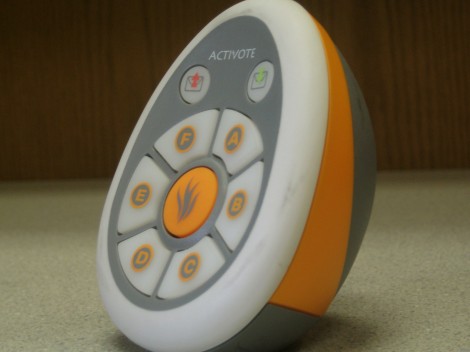
The town meeting has been a traditional part of Wayland town government for hundreds of years, going back to Wayland’s first town meeting in 1640, when Wayland was a part of Sudbury. Now, a new proposal would bring electronic voting to the Wayland town meeting, modernizing a unique tradition.
Article 22, Electronic Voting at Town Meeting, would give town residents the ability to vote on proposals at town meetings via handheld electronic devices. If the article is approved at the May 10 meeting by a simple majority, the system would be put to use at the annual town meeting in 2011.
ARTICLE 22: ELECTRONIC VOTING AT TOWN MEETING
Proposed by: Petitioners
Estimated Cost: $150,000To determine whether the Town will vote to appropriate a sum of money to be expended by the Board of Selectmen for the procurement of a system, including all software and hardware, to enable electronic voting by individuals using wireless handheld mobile devices at future town meetings, beginning with the 2011 annual town meeting; and to determine whether such appropriation shall be provided by taxation, by transfer from un-appropriated funds, by transfer of funds already appropriated for another purpose, by grants received from the Commonwealth of Massachusetts or Federal Government, by borrowing or otherwise.
Under the proposed system, voters would use wireless keypads, distributed to all eligible voters at the beginning of the meeting, to submit their votes. When articles come up for a vote, the moderator would tell voters what buttons to press for approval, denial, or undecided. Voters would then be given one minute to make a decision. Votes would then be tallied by a computer, which could display whether or not the article passes.
Westwood, a nearby municipality, is also considering electronic voting at their town meeting.
Alan Reiss, a former selectman, is the lead petitioner of the article. Reiss originally conceived of the idea while on the Board of Selectmen after a Wayland High School student sent him a letter suggesting town residents vote by cellphone.
Last November’s town meeting “debacle,” in the words of Reiss, especially strengthened his conviction. He, along with many other town residents, were frustrated at the amount of time it took to count votes, count them accurately, and the amount of social pressure that came with an open standing vote.
“Town meeting crushes under its own weight because of the inability to count votes,” Reiss said. “Town meeting is broken.”
During the November vote on funding for the new high school, those voting against the new high school were vastly outnumbered and left standing up in front of the entire town. This is when social pressure came into play, according to Reiss. Electronic voting, Reiss believes, would solve this problem by making votes secret and independent.
Reiss also points to the fact that citizens have a secret ballot in state and national elections.
“Why should we get privacy at the polls, but not at town meeting?” he asked.
Some have attacked the cost of the proposal, which is about $145,000 for 2,000 key pad transmitters and other hardware, according to Reiss. However, the former selectman says that money will actually be saved if voting is expedited, and there is less of a need for multiple days of town meeting.
Each night of town meeting can cost the town as much as $12,000 not to mention personal extras, like the cost of a baby sitter for a voter with children.
However, the Finance Committee’s comments in the town warrant state that it believes the cost is actually about 20% higher, at $178,900. A further $11,600 would be required, FinCom says, to maintain the system each year. This would require increasing the Town’s annual operating budget or cutting budget dollars in other areas.
Because of this, the Finance Committee expressed disapproval in a committee vote, 6-0. It instead recommended that a pilot program be approved to test the technology and see if lower pricing is available.
Reiss, however, believes the benefits outweigh the costs. “The proposal is finally taking something from the 17th century and adding 21st century technology to it, letting it thrive for years on,” he said.



